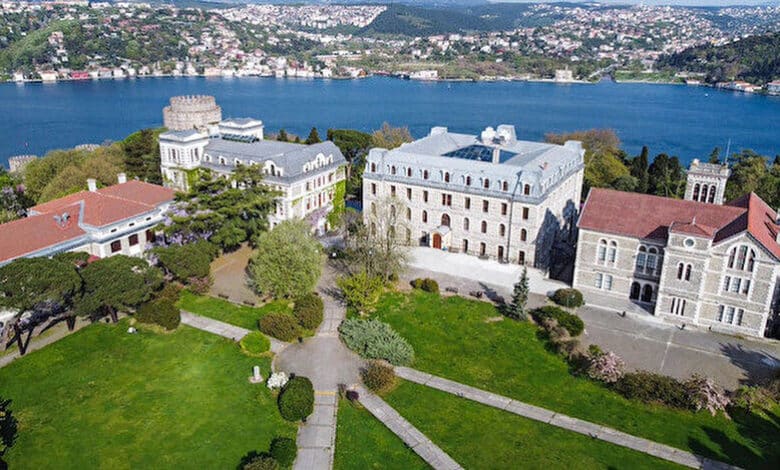Tag: الدراسة والعمل في تركيا

Studying computer science in Turkey | Overview
Studying computer science is one of the most prominent fields in today's technology-driven world. Students…
Read More
Discover the Benefits of Studying Civil Engineering in Turkey
Pursuing civil engineering studies in Turkey represents a significant aspiration for many Arab and international…
Read More
Overview about Study and Work In Turkey
Many prospective students ask whether it is possible to study and work in Turkey simultaneously.…
Read More
9 of the Top Public Universities in Turkey
Studying in Turkey is the most preferred choice for international students from all countries and…
Read More


